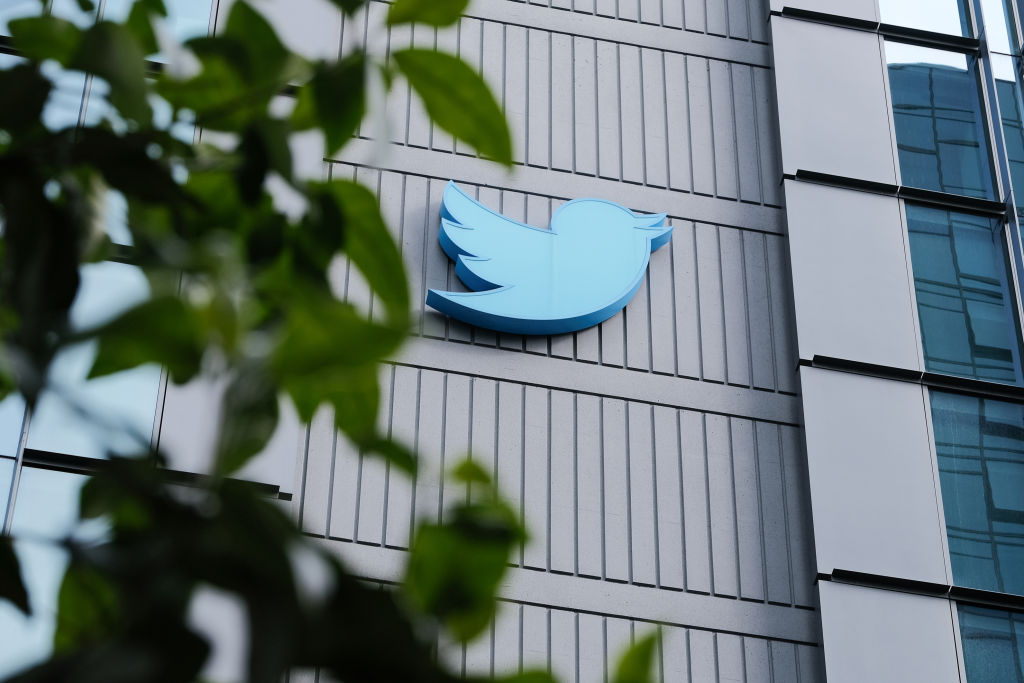The management of Twitter since Elon Musk took over the company in late October is raising concerns about the reliability of information on the platform for organisations, particularly those with a security or intelligence function.
This assessment was issued to clients of Dragonfly’s Security Intelligence & Analysis Service (SIAS) on 23 November 2022.
Executive Bullets
- Recent staff lay-offs at Twitter are likely to reduce content moderation standards over the coming months at least, posing challenges for threat and risk monitoring
- It appears unlikely that Twitter will shut down or seriously degrade its services after the recent staff lay-offs
- We doubt that insider and former employee threats against ‘Big-tech’ firms amid wider industry staff lay-offs are elevated at present
Recent impersonations of legitimate corporate Twitter accounts are leading to reputational risks for organisations. Despite recent media speculation, it appears unlikely that Twitter will shut down or seriously degrade its service amid recent staff lay-offs. Should this occur, it would be likely to hinder organisations from readily obtaining open-source intelligence (OSINT).
Information reliability
With staffing levels notably reduced, Twitter will probably struggle to effectively moderate content and limit the spread of false information over the coming months. Musk this month fired around half of Twitter’s 7,500 workers, including content moderators. And 1,200 other employees have reportedly resigned. Staff reductions have reportedly included contractors and system engineers, and impacted automated content takedown systems.
There are already indications that the lay-offs are affecting content moderation at Twitter. A US-based NGO cited in the BBC recently claimed that ‘hate and disinformation have proliferated’ since Musk announced the first round of lay-offs earlier this month. Content moderation and takedowns rely heavily on the functioning of automated filtering and review systems, dedicated employees and contractor staff. That is based on the understanding of a Dragonfly analyst who previously worked in advertising risk for another major social media firm.
Worsening content moderation standards will probably hinder organisations to get reliable information and intelligence on Twitter. We understand from conversations with clients that Twitter is a vital – sometimes primary – and user-friendly OSINT tool for monitoring security and reputational threats and risks, as well as aiding crisis response procedures. And while a Twitter ‘shutdown’ seems unlikely for now, interruptions or issues with the functionality of the platform are plausible going forward.
We have also not seen a mass migration of online users to other open-source platforms, such as Mastodon. The New Yorker citing a ‘creator’ this week said that active users on Mastodon, a decentralised social media platform with a similar user interface as Twitter, have risen from 300,00 monthly active users to 2 million in the past month. But we doubt that Mastodon or other platforms such as TikTok will displace Twitter for monitoring security and reputational threats and risks, as well as aiding crisis response procedures.
Reputational risks
Several organisations are concerned about reputational risks stemming from recent verification policy changes at Twitter. Musk’s announcement this month of a paid monthly subscription for anyone to obtain a ‘blue tick’ (which indicates that an account is authentic, including for organisations) next to their username resulted in fake accounts of corporations that tweeted reputationally and financially damaging content. A viral tweet from an impersonated account of a major pharmaceutical company that claimed ‘insulin is free now’ led to the company’s stock price dropping.
On current signs, we doubt Musk will pursue further changes that would directly affect organisations using the platform. This is particularly given the impact this would have on advertising revenue. And following the recent controversy over impersonated corporate accounts, Musk announced on 22 November that he will pause the relaunch of the ‘Blue Verified [tick system] until there is a high confidence of stopping impersonation’. And he said Twitter ‘will probably use different colour checks for organisations than individuals’.
Hostile threats to ‘Big-tech’
While this issue is unlikely to impact the wider tech industry, a concern that organisations have raised to us is the threat of hostile actions by current or former employees at ‘Big-tech’ firms. Our analysis of tweets under the viral hashtag #LoveWhereYouWorked has shown generally positive sentiment by employees who were apparently fired by Twitter and other such firms in recent weeks; these often espouse nostalgia or appreciation for former colleagues.
For organisations involved in such mass lay-offs, we assess that the main implications would be employees stealing sensitive information to help with further job pursuits, or leaking this to competitors or the press. For example, several posts we have seen have shown purported former Twitter employees claiming to have incriminating information for journalists. And several former employees have already been cited in various media outlets about the conduct of firms around recent mass lay-offs, or expressing doubts that certain functions within their company would still work without sufficient staff numbers.
Photo: Twitter headquarters on 10th Street on November 4, 2022 in San Francisco. Photo by David Odisho / Stringer via Getty Images.







